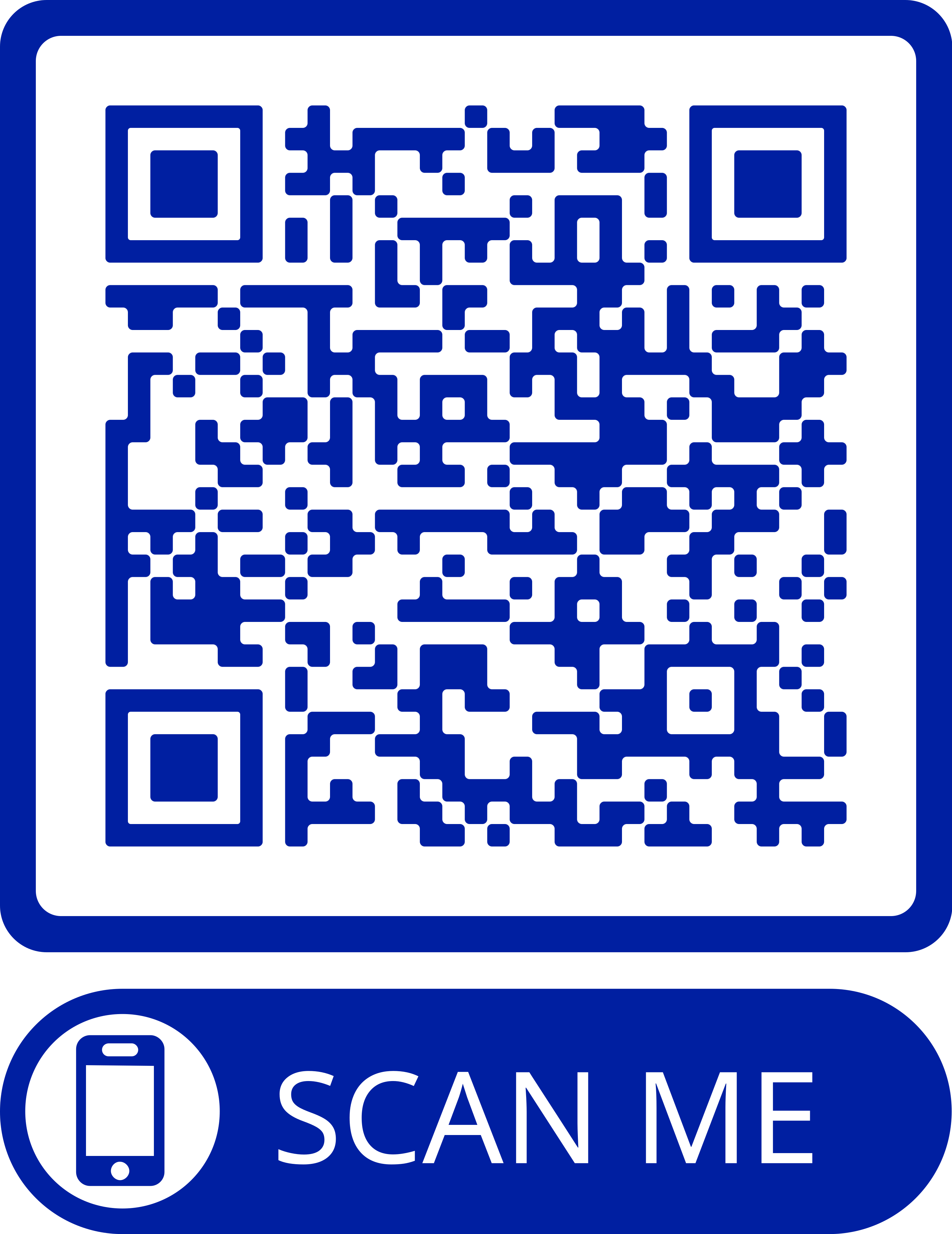- Reference Number: HEY1199/2024
- Departments: Speech and Language
- Last Updated: 31 October 2024
Introduction
This leaflet has been produced to give you general information about your procedure. Most of your questions should be answered by this leaflet. It is not intended to replace the discussion between you and your doctor but may act as a starting point for discussion. If after reading it you have any concerns or require further explanation, please discuss this with a member of the healthcare team caring for you.
You have been referred for a Videofluoroscopy to assess your swallow function in more detail.
What is a Videofluoroscopy?
It is a moving X-ray of your swallowing. The assessment is very similar to the swallowing assessment you may have already had with your Speech and Language Therapist. This examination produces moving video images of your mouth and throat to look at your swallowing “on the inside” and in more detail.
Why do I need a Videofluoroscopy?
- To assess aspects of your swallow which cannot be determined during a ‘bedside’ assessment.
- To see if food / drink is “going down the wrong way” i.e. into your wind pipe and lungs.
- To identify if certain textures of food or consistencies of drink are safer to manage.
- To identify any postures, positions or strategies that could make swallowing safer.
- To determine if any exercises would be beneficial to rehabilitate your swallow.
- To guide you and your Speech and Language Therapist in making a plan regarding your eating and drinking.
Where will this be done?
This exam will take place in the X-ray department at Hull Royal Infirmary or Castle Hill Hospital.
Who will be there?
- Speech and Language Therapists
- Radiographer(s)
- A Radiologist will be available if needed
- Occasionally, students may be present with your consent
What will happen during the Videofluoroscopy?
You will be asked to swallow different foods and drinks mixed / coated with Barium while the video X-ray is taken.
Barium is a contrast that is easier to see on X-rays. Examples of foods you may be given include biscuit, cake or custard. You may be asked to swallow thickened drinks too.
You may be asked to try different postures, positions, techniques or strategies while you swallow.
The Speech and Language Therapists will discuss the findings and recommendations with you after the examination. A detailed report will follow and be discussed with you and your healthcare team or doctor.
You can return to the ward / go home once the examination is complete and resume your normal activities.
What are the complications or risks?
- The food / drink and Barium may “go down the wrong way” which could cause an infection. However, this is a carefully controlled examination with experienced staff who will ensure risks are A physiotherapist may be called to help you clear your chest if needed.
- The quantity of Barium used is small and not considered harmful. However, a very small number of people may develop an allergic reaction. Please alert the professionals in the room immediately if this happens. If you have previously had an allergic reaction to Barium, then alert a staff member prior to the examination.
- This examination involves a small dose of radiation which is not considered harmful. The benefits of having the examination have been considered to outweigh the risk associated with this small dose of radiation by the team looking after you. However, please speak to the radiographer or your Speech and Language Therapist if you are concerned.
Can I eat and drink beforehand?
Yes– unless advised differently by your Speech and Language Therapist.
If you take food / drink through a tube e.g. PEG, RIG or NG then please continue as usual.
Please take all medications as usual.
There is no need to fast before this examination.
Will I need to get undressed?
No. You can dress as normal but please remove any jewellery and clothing from the head and neck area which could obstruct the view on the images e.g. scarves, big earrings or necklaces.
How will I feel afterwards?
Most people have no problems. Some people may have lighter coloured stools or constipation due to the Barium, but this should clear within 24 hours.
Please seek medical advice if you have concerns or feel unwell.
What happens to the video recording?
The recording is stored securely and may be used for teaching or training purposes. Any personal information will be removed in this case to ensure confidentiality.
How long will it take?
Approximately 45 minutes for the exam but there may be some waiting.
What if I change my mind?
Speak to the Speech and Language Therapist if you do not want to participate / continue or have any concerns.
The team is very experienced in carrying out this examination and will be happy to discuss any concerns you may have.
Where can I get more information?
Please contact the Speech and Language Therapy team tel: 01482 604331 if you have any questions or concerns.
This leaflet has been produced by the Hull University Teaching Hospitals NHS Trust and is available as a download:
Download the “Videofluoroscopy” leaflet

